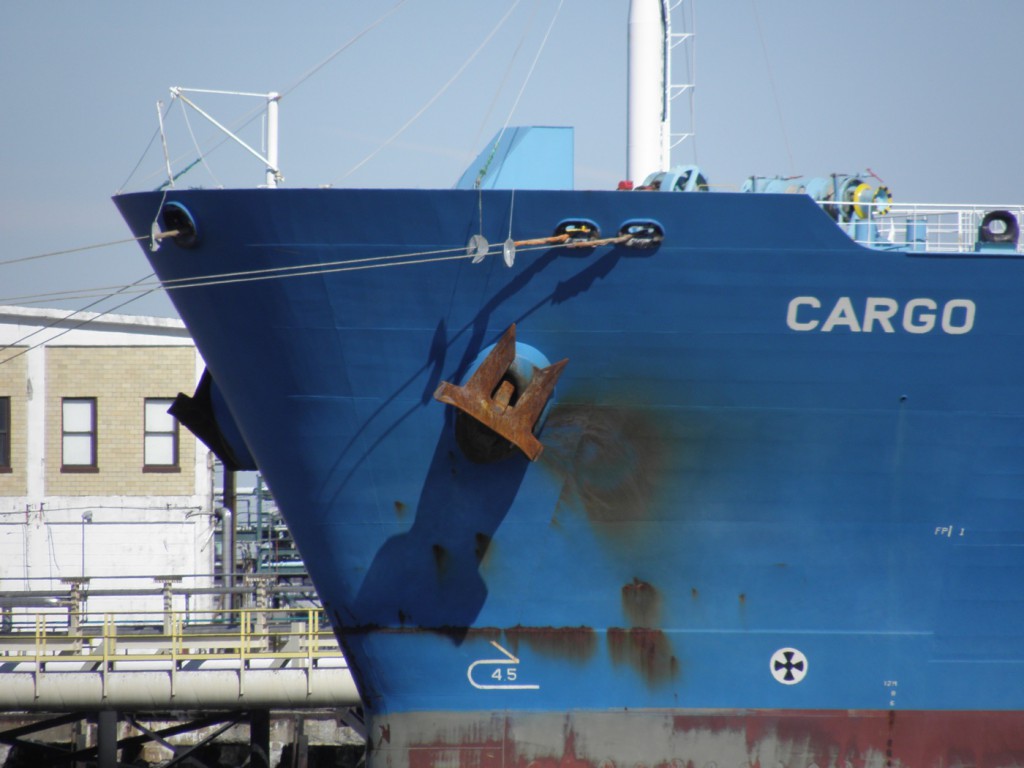
The recent spike in piracy in the Gulf of Guinea is a major threat to the several vital commodities that are shipped from West Africa. The nations of the gulf, such as Nigeria, Ghana, Benin and the Ivory Coast are heavy exporters of oil, cocoa and metals.
This West African brand of piracy is distinctly different than Somali policy in several areas. Most importantly, pirates in this region aren’t primarily seeking ransom. They use so-called “smash and grab” tactics, where they hijack the ship, quickly steal the valuable cargo and make a speedy sale to pre-arranged buyer.
The other difference is that the actual hijackings tend not to take place in international waters. This has a big impact on the range of options available to the international community. While multilateral task-forces such as EUNAVFOR’s Operation Atalanta and NATO’s Operation Ocean Shield have successfully decreased the attacks in the Indian Ocean, no such possibilities exist here. The countries of the Gulf have remained stubbornly insistent upon their rights to sovereignty, yet unable to stem the bleeding.
Oceans Beyond Piracy recently published a study estimating that piracy located in the Gulf of Guinea cost the world between $740 million and $950 million. The United States-based piracy watchdog group expects this number to rise in the coming year.
Another watchdog organization, the International Maritime Bureau, noted that piracy incidents in the Gulf of Guinea have already close to doubled from 34 in all of last year to 67 already this year.
Many shipping companies do not trust the local governments of the Gulf to propoerly enforce their maritime domains. One of the issues is corruption in the governments– it has led many to question whether more government involvement might make the problem worse, rather than better.
According to one sailor interview for the report, “We had a ‘port inspection’ and they took eight tins of paint, two coils of rope, and several bottles of whiskey. If the ‘authorities’ do this, who do we rely on for help?”
While the hiring of armed guards aboard merchant vessels has played a huge role in decreasing attacks in East Africa, the governments in the Gulf have been equally uncooperative in this area as well.
Countries like Nigeria have greatly restricted the number of companies that are allowed to be contracted on ships calling on ports in the country. Private securities must go through a whole Nigerian bureaucracy in order to receive licenses, and there’s no guarantee that the process is fair and balanced.
Meanwhile, international insurance bodies are starting to take notice of the danger. The Joint War Committee of Lloyd’s Market Association recently added Togo to the highest risk areas for shipping. Benin and Nigeria are already on that list. Lloyd’s estimates that the total cost of insuring vessels traveling in the Gulf of Guinea was between $423 million and $437 million.
This West African piracy is a problem for the entire global economy, but most of all for the countries in the Gulf of Guinea. Increased cost and risk of doing business in the region leads to less port calls and less economic productivity from the maritime sector, which in many cases makes up a vast amount of the regional GDP’s of the countries.